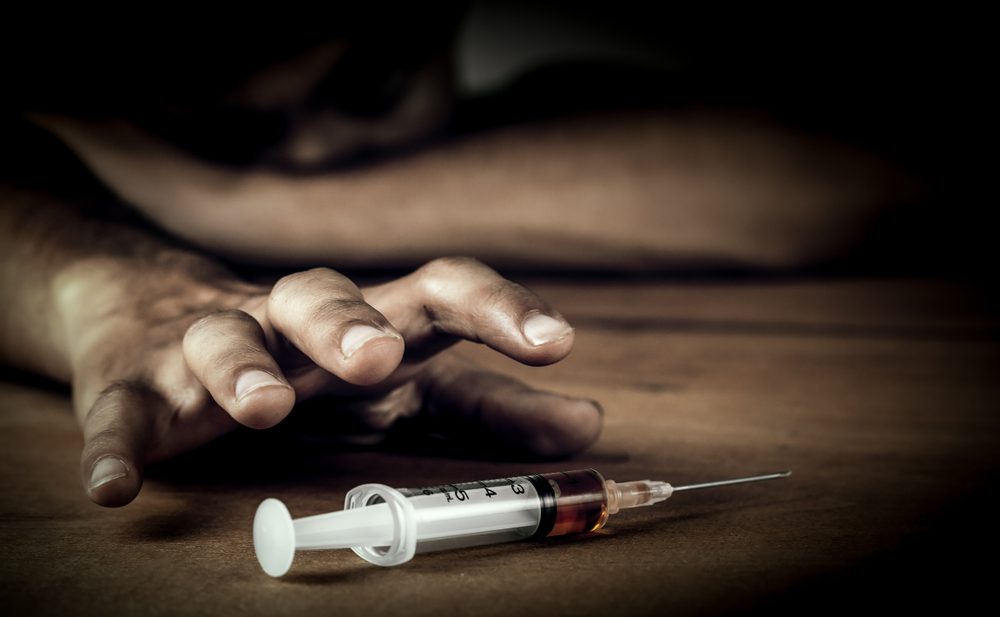- May 10, 2023
- by Shalini Murmu
- Addiction
As humans, we are wired to seek pleasure and avoid anything that causes pain. Unfortunately, some people end up leading themselves on a path that develops an addiction, a painful and challenging road. One of the most pernicious addictions is heroin addiction. Heroin addiction is a harrowing and complex issue that has plagued society for decades. Heroin is an addictive drug that alters the chemical balance of the brain, making it quite difficult for people to get rid of the cycle of addiction without professional help. The quest to overcome addiction to heroin is often a long and challenging journey.
Available Treatment Options
Medication-assisted treatment
One of the go-to approaches to treating heroin addiction is medication-assisted treatment (MAT). MAT is a comprehensive technique that uses medications in combination with behavioral therapy to treat addiction. The most common medication used by specialists is methadone, which has been used for over 50 years to treat heroin addiction. Methadone works by reducing withdrawal symptoms and cravings, making it easier for people to focus on recovery. Other medications used in MAT include buprenorphine and naltrexone. While MAT has been shown to be effective, it’s not a cure-all solution and requires ongoing support and monitoring.
Inpatient/Outpatient Rehabs
Another option for heroin addiction treatment is inpatient or outpatient rehab programs. Inpatient rehab involves residing at a treatment facility while receiving intensive therapy and support. Outpatient rehab programs provide therapy sessions and support groups while residing at home during their addiction treatment journey. Both options provide a structured and supportive environment that is essential for recovery. However, the cost of rehab can be a significant obstacle for many people. Insurance coverage varies, and not everyone can afford to pay out of pocket.
Behavioral therapy
Another essential component of treating heroin addiction is behavioral therapy. Therapy has proven to help people identify the underlying causes of their addiction and develop healthy coping ways to prevent relapse. Cognitive-behavioral therapy (CBT) is one of the effective approaches that focus on recognizing and changing negative thought patterns. Contingency management is another strategy that provides rewards for positive behaviors, such as attending therapy sessions or passing drug tests. While therapy can be effective, it requires constant dedication and support.
Heroin Addiction Obstacles
Heroin addiction is a condition that affects a person’s brain and body, altering the way they feel, think, and behave. It is a powerful drug that creates a sense of euphoria, relaxation, and relief from pain. However, the initial effects of heroin are short-lived, and people soon build up resilience, in demand of larger doses to achieve the same effects. As a result, heroin use leads to addiction in no time, causing significant physical and psychological damage.
The first barrier to treating heroin addiction is the stigma surrounding it. Society tends to view addiction as a moral failing, a weakness of character. This attitude can cause those struggling with addiction to feel ashamed and isolate themselves from their support system. This can also prevent them from seeking any help from the mental health experts. It’s important to understand that addiction is a condition, a complex issue that requires medical treatment, not moral judgment.
While there are options for heroin addiction treatment, a few obstacles can make it difficult to access and complete treatment. One significant challenge is the lack of access to treatment facilities and qualified healthcare providers. In some areas, there are long waitlists for treatment, and many rural areas lack treatment options altogether. Another obstacle is the cost of treatment. Even with insurance, the cost of medications, restrictions on coverage, therapy, and rehab can be prohibitive for many individuals. This can lead to individuals attempting to quit on their own, which can be risky and ineffective.
Addressing these obstacles is crucial to ensuring that those battling heroin addiction can receive the care they need to recover and lead a better more peaceful life.
NABHS, Here To Lend A Hand
NABHS believes that mental health care is essential, and we are committed to breaking down barriers to care and making mental health services more accessible and convenient for all.
If you are struggling with a mental health condition, we recommend you seek the help you deserve and trust us to be your partner in recovery and mental health wellness.
















